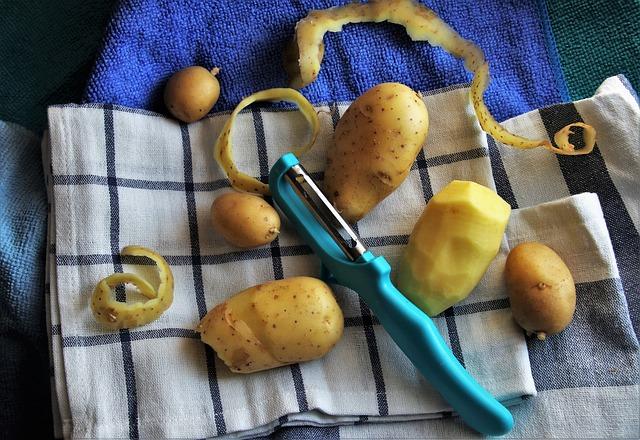Parenting can be one of the most rewarding experiences in life, but it can also be one of the most challenging. The constant demands, pressures, and responsibilities can easily lead to feelings of stress and overwhelm. In order to provide the best care for your children, it’s important to take care of yourself as well. In this article, we will explore various techniques for self-care to help you cope with parenting stress and find balance in your life.
Understanding Parenting Stress
Parenting stress is a common experience for many individuals as they navigate the challenges of raising children. It can manifest in various ways, including feelings of overwhelm, frustration, and exhaustion. As a parent, it is important to acknowledge and address these feelings in order to maintain your well-being and effectively care for your children.
Fortunately, there are several techniques you can implement to cope with parenting stress and practice self-care. **Self-care techniques for managing parenting stress include:**
- Practicing mindfulness and relaxation techniques, such as deep breathing or meditation
- Setting boundaries and asking for help when needed
- Engaging in physical activity or hobbies that bring you joy
- Seeking support from other parents or a therapist

Exploring the Impact of Stress on Parents
Parenting can be a rewarding experience, but it also comes with its fair share of challenges. One of the most common struggles that parents face is dealing with stress. The impact of stress on parents can be significant, affecting not only their own well-being but also their ability to effectively care for their children. It is important for parents to prioritize self-care and develop coping mechanisms to manage the stress that comes with raising a family.
Here are some techniques for parents to practice self-care and cope with parenting stress:
- Practice mindfulness: Take time to be present in the moment and focus on your thoughts and feelings.
- Seek support: Reach out to friends, family, or a therapist for help and guidance.
- Exercise regularly: Physical activity can help reduce stress and improve overall mental health.
- Set boundaries: Establish clear boundaries with work, family, and social commitments to prevent burnout.
| Technique | Benefit |
|---|---|
| Practice mindfulness | Reduce stress and improve mental clarity |
| Seek support | Gain perspective and guidance |

Practical Self-Care Strategies for Parents
As a parent, it’s easy to get overwhelmed with the constant demands of taking care of your children. However, it’s crucial to prioritize self-care in order to reduce stress and maintain a healthy mindset. Here are some practical strategies that can help you cope with parenting stress:
- Take breaks: Give yourself permission to take short breaks throughout the day to relax and recharge. Even just a few minutes of quiet time can make a big difference.
- Practice mindfulness: Take deep breaths, engage in meditation, or simply focus on the present moment to help calm your mind and reduce anxiety.
- Connect with other parents: Reach out to other parents for support and understanding. Sharing your experiences with others who can relate can provide a sense of community and solidarity.
| Tip | Summary |
|---|---|
| Physical activity | Regular exercise can help reduce stress and boost your mood. |
| Healthy eating | Eating nutritious foods can improve your overall well-being and energy levels. |
By incorporating these self-care techniques into your daily routine, you can better manage the challenges of parenting and prioritize your own well-being.

Building Resilience in Parenting
Feeling overwhelmed and stressed as a parent is completely normal, but it’s important to prioritize your own well-being in order to be the best parent you can be. Here are some techniques for self-care to help you cope with parenting stress:
- Practice mindfulness: Take a few minutes each day to focus on the present moment and let go of worries about the past or future.
- Engage in physical activity: Exercise is a great way to reduce stress and boost your mood. Whether it’s going for a run, practicing yoga, or taking a walk, find an activity that you enjoy and make it a regular part of your routine.
- Set boundaries: It’s okay to say no to extra commitments or obligations that cause you stress. Prioritize your own well-being and focus on what truly matters to you and your family.
| Activity | Duration |
|---|---|
| Yoga | 30 minutes |
| Walk in nature | 1 hour |
| Reading | 30 minutes |
In conclusion, parenting can be a challenging journey filled with highs and lows. It is important to remember to take care of yourself in order to better care for your children. By implementing self-care techniques such as meditation, exercise, and seeking support from others, you can better cope with the stress that comes with being a parent. Remember, you are not alone in this journey, and it’s okay to ask for help when you need it. By taking care of yourself, you can be the best parent you can be for your children. So, take a deep breath, prioritize your well-being, and remember that self-care is not a luxury, but a necessity.














